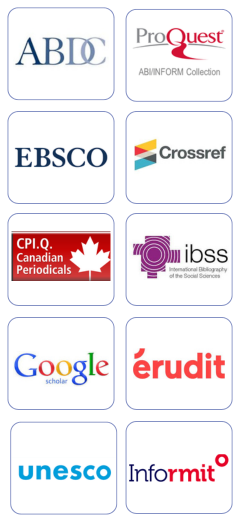Optimal Level of Participatory Approach in an NGO Development Project
Abstract
Many authors, Bradley (2006), Banerjee (2007), Mohan (2008) and Sen (1999) among others, argue that the participatory approach in the development projects of a non-governmental organization, NGO, is more effective and sustainable than the externally imposed expert-driven approach. According to this research stream, the participatory approach promotes self-respect, dignity, inclusiveness, and empowerment of people involved in the project and, simultaneously, it improves the external local environment for the NGO. The key point of this paper is that adopting only the participatory approach may not be optimal, as this approach involves costs to learn about local culture, values and attitudes, and to design and implement feasible participatory development practices. Accordingly, an economically sensible and sustainable strategy for the NGO will be to use a mixture of both approaches. In this paper, the optimal level of participatory approach is theoretically derived and numerically illustrated.Downloads
Published
2014-09-01
How to Cite
Jamal, A., Rashid, M., & Drira, M. (2014). Optimal Level of Participatory Approach in an NGO Development Project. Journal of Comparative International Management, 17(1). Retrieved from https://journals.lib.unb.ca/index.php/JCIM/article/view/22147
Issue
Section
RESEARCH ARTICLES
License
Papers accepted become the copyright of the journal, unless otherwise specifically agreed.



